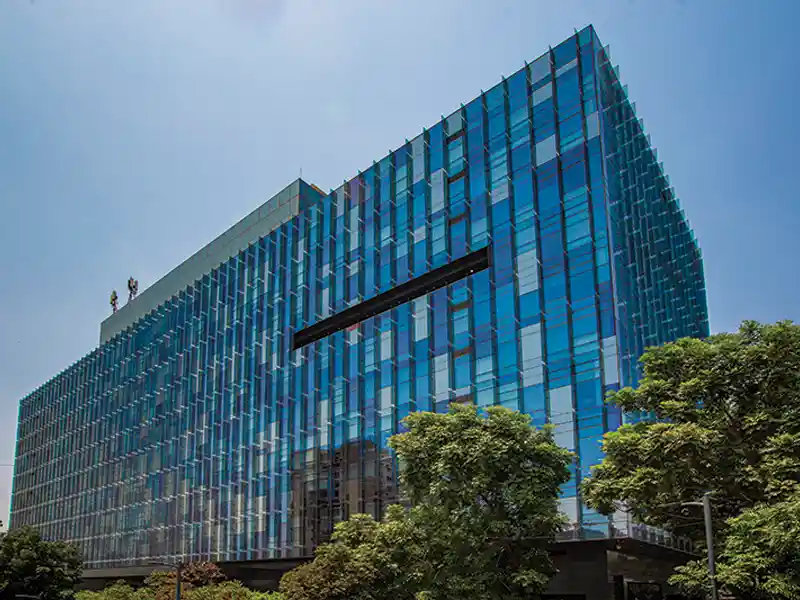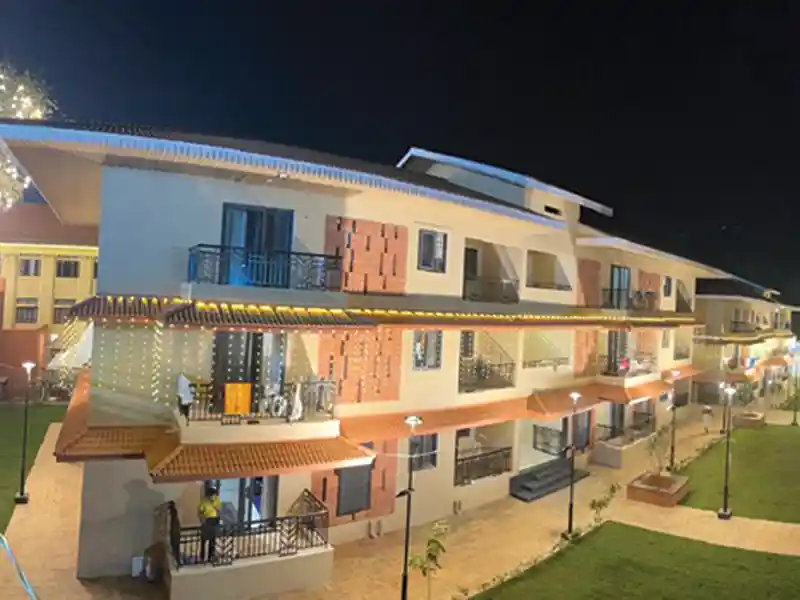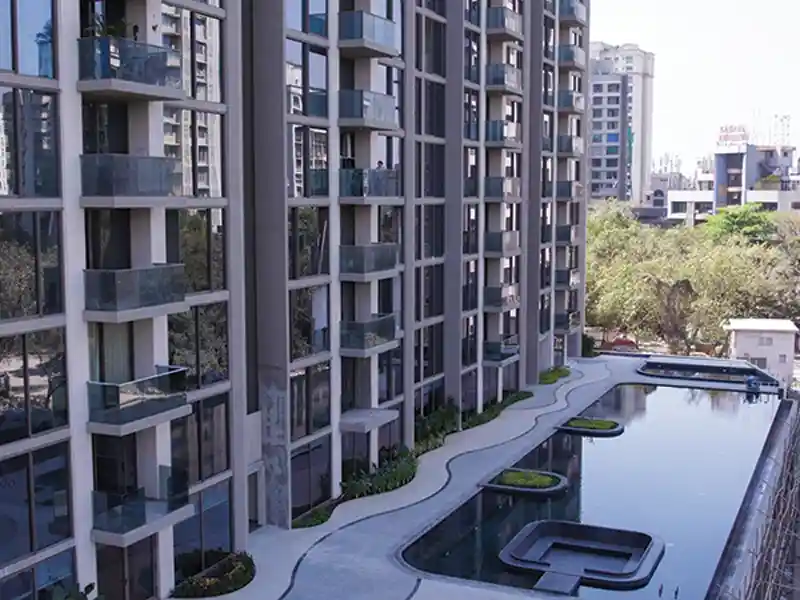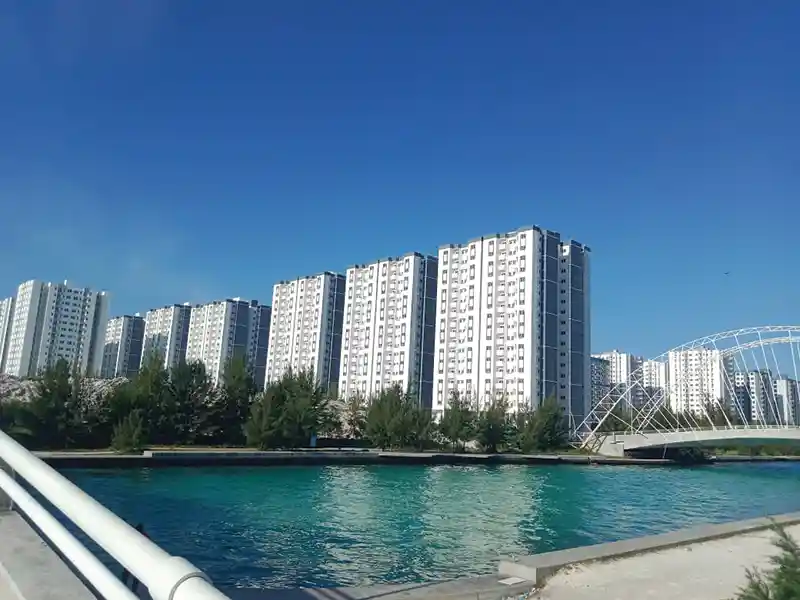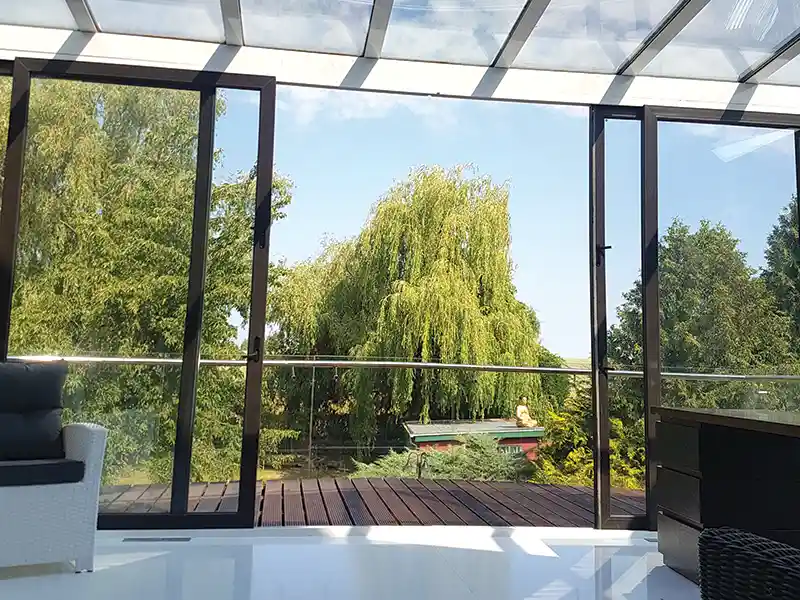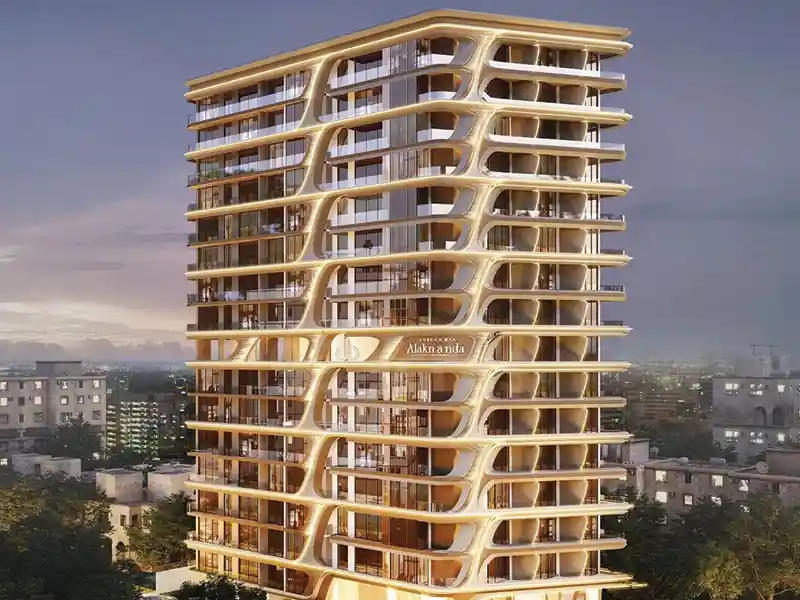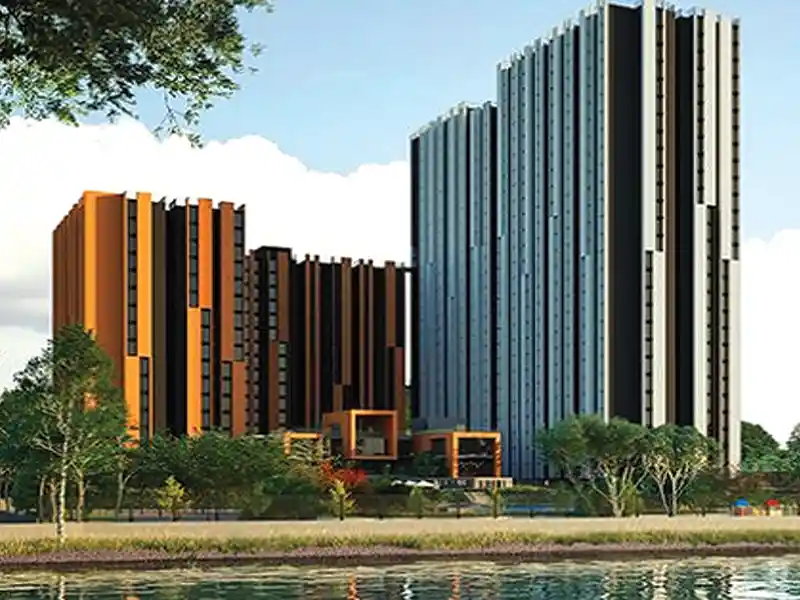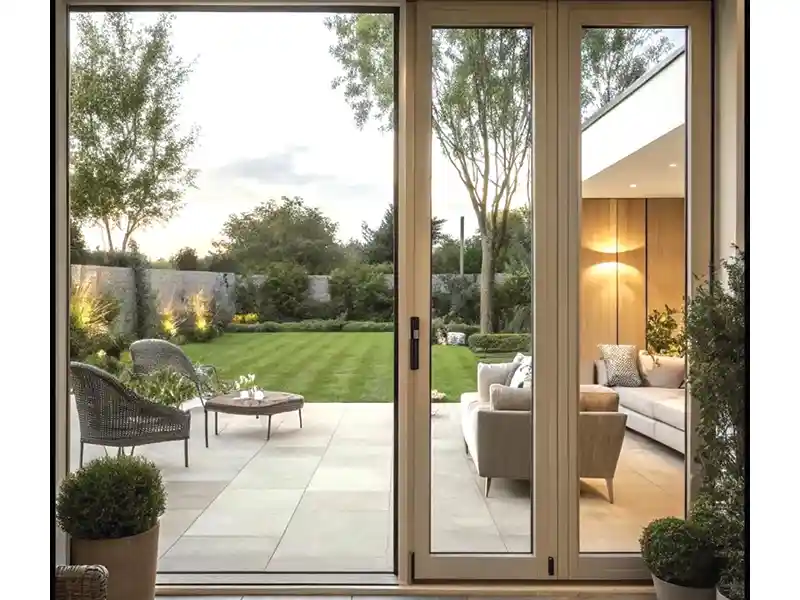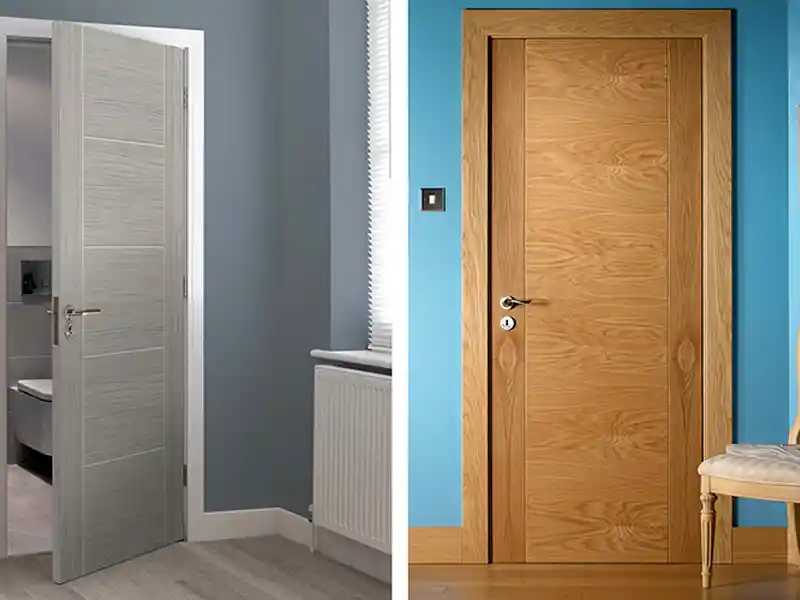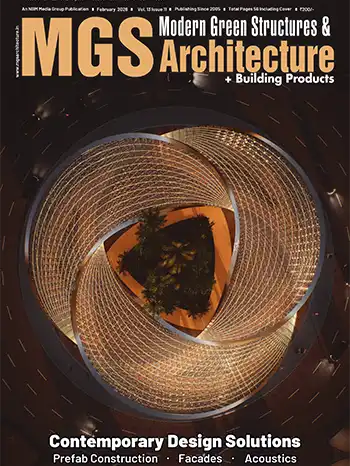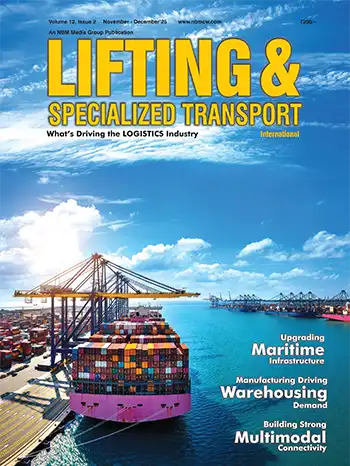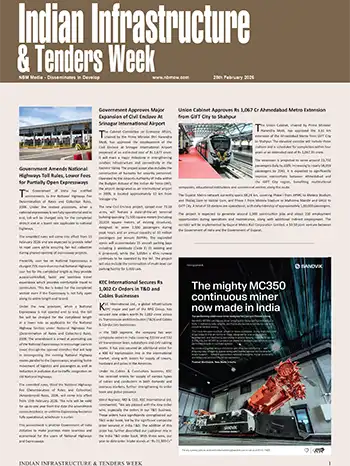 EFP by Koemmerling Projects
EFP by Koemmerling Projects How is profine India adapting to changing market demands, especially with the rise in urbanization and smart city projects?
 EFP by Koemmerling Projects
EFP by Koemmerling ProjectsProfine products, under the brand Koemmerling, cater to all segments of the market and to the end-users, including architects, builders, developers, and homeowners. The systems we offer are adaptable for projects, the retail market, and institutional sales. We continuously introduce new systems and profiles, based on market trends.
Profine is present in 65 countries where we have a strong presence. In India too, we have a robust presence through our channel partners. We began launching our aluminum range way back in 2017 in India, and are now expanding into the Middle East region, including UAE, Saudi Arabia, Qatar, and Oman. We now have plans to enter Turkey, Spain, Italy, and Brazil.
How will the acquisition of European Facade Products (EFP) enhance the profine brand?
European Facade Products (EFP) is a well-established brand in the facade and structural glazing industry. EFP is renowned for its expertise in curtain walls, unitized curtain walls, skylights, and sunshade louvers. Our 100% acquisition of EFP has further enhanced profine’s range of fenestration products. In fact, EFP already has a strong presence in India, the Middle East, the Netherlands, and the UK, and will introduce it in many other countries. Moving forward, it will be branded as EFP by Koemmerling.In India, EFP has been used in around 60 to 70 projects in Pune, Chennai, and Delhi, making it a well-recognized brand in the region. EFP has been well accepted in these markets for the value it brings to projects’ aesthetics and functionality. With UPVC and aluminium doors and windows, and now EFP in facades, the three verticals will position us as a comprehensive solutions provider. The construction industry and the architect fraternity are well aware of this acquisition and are very enthusiastic about this development.
We believe that every segment contributing to infrastructure construction must adopt sustainable practices because we are all grappling with environmental pollution and related challenges; hence, preserving nature and prioritizing sustainability should be at the core of every company’s mission.
Farid Khan
What trends are influencing the fenestration market in India?
Fenestration is directly or indirectly linked to construction. However, the most significant aspect of fenestration is that the windows produced should be Performance Windows. With weather conditions worsening and becoming harsher, there is demand for windows with features such as thermal insulation, weather resistance, and sound insulation. Windows today are no longer hidden behind curtains; instead, they are visible and contribute to the overall aesthetics of a space. EFP by Koemmerling Projects
EFP by Koemmerling Projects

